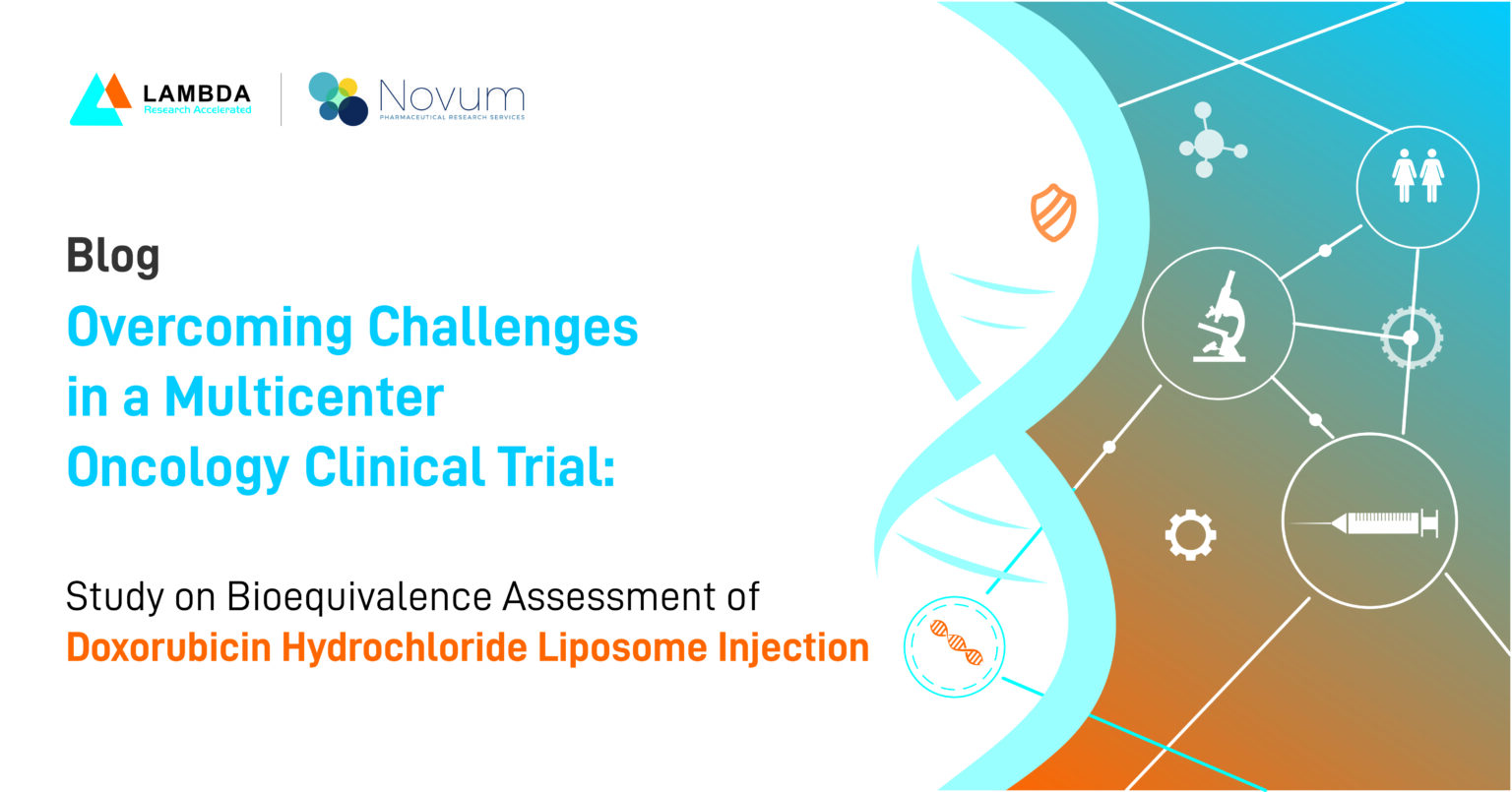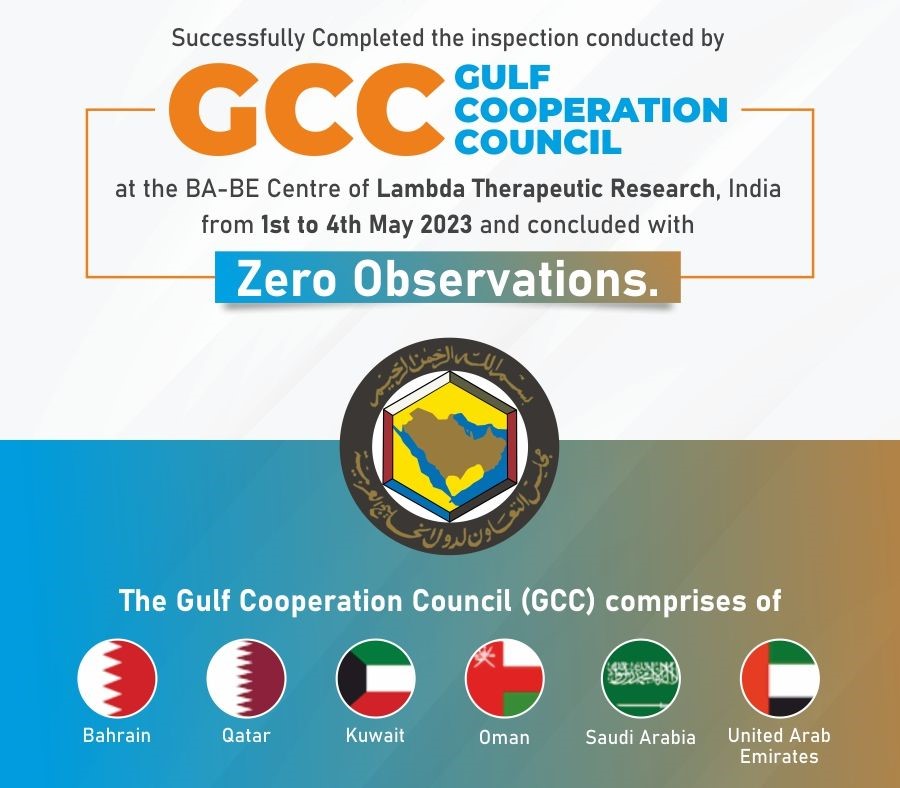- Home
- /
- Lambda Insights
- /
- Research Blogs
Research Blogs
Let's Unveil New Therapies Together
Connect with our experts to leverage our proven track record of clinical research excellence.
Empowering innovation and advancing vital therapies across diverse therapeutic areas, with extensive experience supporting over 280+ clinical trials across 15+ therapeutic domains.




Overcoming Challenges in a Multicenter Oncology Clinical Trial




From Logistics to Seamless Analysis : Enhancing Medical Imaging




Overcoming Challenges in a Multicenter Oncology Clinical Trial


From Logistics to Seamless Analysis : Enhancing Medical Imaging
Leveraging decades of clinical research expertise, global compliance, and therapeutic experience, we are committed to ensuring the seamless progress of your promising therapy.



Advancing Breast Cancer Research



Overcoming Challenges in a Multicenter Oncology Clinical Trial



Advancing Pediatric Clinical Trials
Leveraging decades of clinical research expertise, global compliance, and therapeutic experience, we are committed to ensuring the seamless progress of your promising therapy.




Lambda Therapeutic Research wins back-to-back global awards




Lambda's BA-BE Centre in India Successfully Passes GCC Inspection..


Lambda Therapeutic Research - Latest Newsletter


Lambda Therapeutic Research Newsletter - August 2023
Let's Unveil New Therapies Together
Connect with our experts to leverage our proven track record of clinical research excellence.
Lambda Therapeutic Research is a full-service Global Clinical Research Organization (CRO) with its headquarters in Ahmedabad, India. With facilities and operations strategically located in Mehsana (India), Warsaw (Poland), London (UK), Toronto (Canada), Pittsburgh (USA), and Las Vegas (USA), we offer comprehensive end-to-end clinical research services to the global innovator, biotech, and generic pharmaceutical industries.